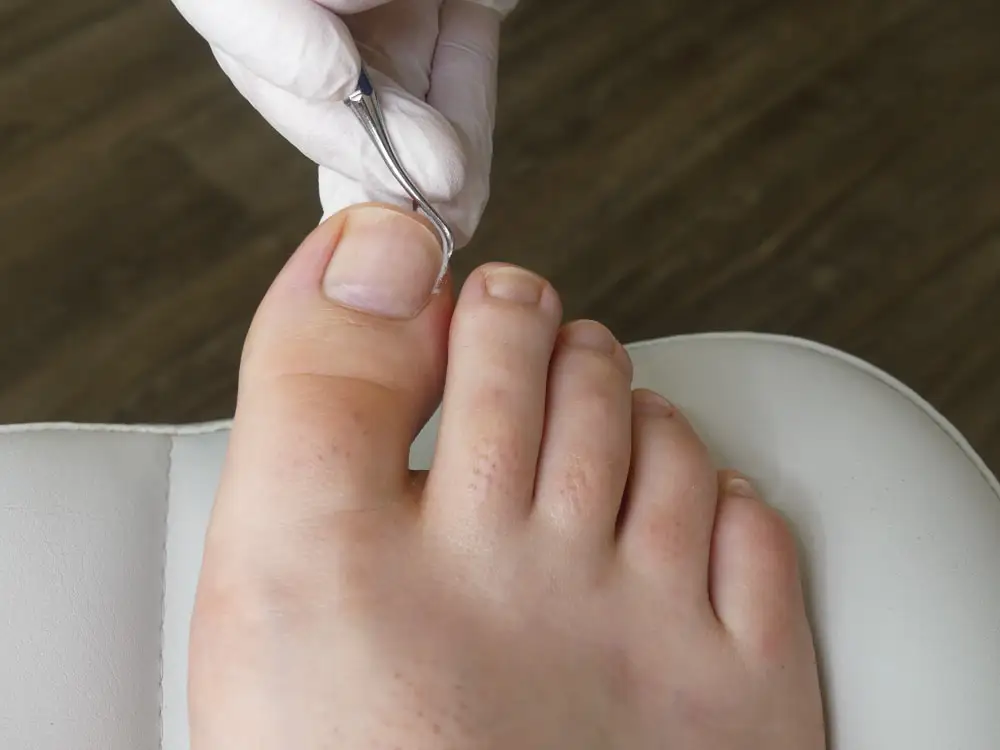Nosebleeds are extremely common. It’s estimated that around 60% of people will have at least one nosebleed in their lifetime1, which can be triggered by dry air, picking your nose, and the common cold, among other things. They are usually nothing to worry about.
But nosebleeds can be serious in some instances, so it’s important to know when to seek medical attention. These are the biggest reasons to worry about a nosebleed (for both adults and children) so that you can get the help you need.
Your Breathing Is Affected
If the amount of blood in your nasal cavity and throat is making it difficult for you to breathe, seek medical attention immediately. This is a serious issue that needs to be resolved quickly.
You Are Bleeding Heavily
If you are bleeding excessively and seem to be losing a lot of blood, this is also a medical emergency that needs to be treated rapidly.
The Bleeding Hasn’t Stopped For 20 Minutes
The best way to stop a nosebleed is by sitting upright, and pinching your nose with a tissue for five minutes at a time. You can also try using a cold compression on the bridge of your nose, and lightly blowing to remove any blood clots.
If this isn’t working, and your nose has been bleeding for longer than 20 minutes, it’s best to speak to a medical professional.
You Are Injured
If your nosebleed is a result of an injury such as a blow to the head, car accident, or having something stuck in your nose (common with children), it may be an indication of a broken nose, skull fracture, or internal bleeding, so go to the hospital immediately. This also applies if the nosebleed is delayed by hours or days.
You Feel Dizzy, Tired, Or Weak
If your nosebleed is accompanied by dizziness, tiredness, weakness, or another form of feeling unwell, this might indicate a more serious issue, so you should speak to a medical professional immediately.
You Are Also Bleeding From Other Areas
If you are bleeding from your gums, ears, rectum, or another area of your body, this may indicate internal bleeding or blood clotting. Again, go to the hospital right away.
You Are Swallowing A Lot Of Blood
Swallowing blood can irritate your stomach and cause you to vomit, which might make the nosebleed even worse. This is why you should never tilt your head back to stop a nosebleed, despite it being common advice.
If your nosebleed is heavy and you suspect that you are swallowing a lot of blood, it’s recommended to speak to a medical professional.
You Are Taking Blood Thinning Medication
If you are taking blood thinning medications such as aspirin, clopidogrel, or warfarin, this may make your nosebleeds much heavier and longer, which can make them more dangerous. As mentioned above, if your nose has been bleeding for longer than 20 minutes, or seems to be dangerously heavy, seek medical attention right away.
What Can Nosebleeds Be A Sign Of?
Nosebleeds are generally caused by dry air or picking your nose, but here are some other causes to be aware of:
- Bleeding disorders
- Nasal and sinus infection
- Allergies
- Foreign body in the nose
- Trauma to the nose
- Common cold
- Aspirin use
- Blood thinners
- Chemical irritants like ammonia
- Chronic sinusitis
- Nasal sprays
- Cocaine use
- Deviated septum
- Nonallergic rhinitis
- Fragile blood vessels that bleed easily
- A bleeding or clotting issue
References
- Nosebleeds (Epistaxis): Types, Causes, Treatment & Prevention, Cleveland Clinic
How To Fix Ingrown Toenails
Ingrown toenails occur when the corner or edge of a toenail curves and breaks through the skin of the nail and the skin surrounding the nail. It is a common condition and typically affects the big toe. If it becomes infected (you notice pus or fluid) and is left untreated, it can spread and infect…
Swimmer’s Ear | How To Diagnose & Treat For Kids & Adults
Swimmer’s ear is a relatively common outer ear canal infection that is usually caused by trapped water. It can be painful, but is easily treatable by GPs or ear specialists. What Is Swimmer’s Ear? Swimmer’s ear (acute otitis externa) is an infection in the outer ear canal—the passage that runs from the outside of your…
4 Major Sleep Disorders & How To Spot & Treat Them
Getting enough sleep is one of the most important things we can do to maintain our health. But sometimes sleeping is easier said than done. In this article we explore the most common sleep disorders, including what they are, how to treat them and when to seek help. What Is A Sleep Disorder? A sleep disorder is…




